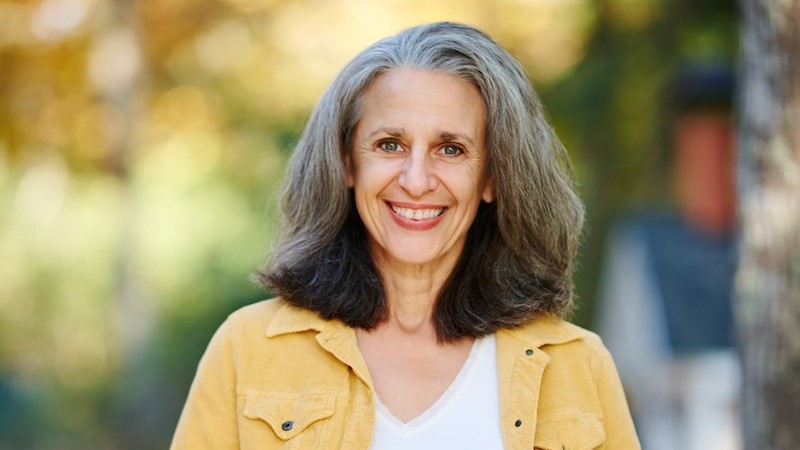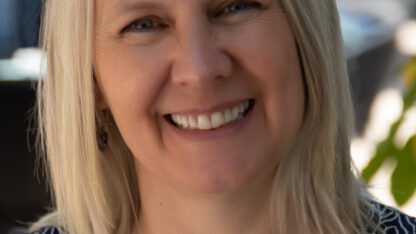How to grow and forage your own food in Tamar Haspel's new book, 'To Boldly Grow'

That famous split infinitive from “Star Trek,” “to boldly go,” becomes a clever pun as the title of Tamar Haspel’s new book, “To Boldly Grow.” The author is a James Beard award-winning food writer for the Washington Post with the column “Unearthed.” She joined “City Lights” host Lois Reitzes via Zoom to talk about her adventures learning to grow food and forage and discovering the fundamentals of how we eat.
The experiment that got Haspel hooked on growing food:
“I’m basically chicken when it comes to trying new things, but I married a man who is a doer. And when we lived on the Upper West Side of Manhattan, the thing he wanted to do was put a vegetable garden in whiskey barrels on the roof of our condo building,” recounted Haspel. “Then we did it, and I discovered that growing food has this compelling sort of power; that the tomatoes that we grew in the garden … let’s face it, they were the best tomatoes the planet has ever seen.”
“Because I was a food writer, the difference between our Upper West Side lifestyle and our Cape Cod lifestyle manifested itself in all the things that I could do with food. And so when we got here, I looked around and thought, ‘All right, well, what kinds of opportunities does this offer us?’ … It was literally December 31st, and I said to Kevin, my husband, ‘Do you think we can go a whole year and eat one thing every day that we grow or hunt or fish or gather?’”
Baby steps leading to something like food autonomy:
“If you had told me when we lived in Manhattan that within, I guess, six or seven years, I would be hunting deer, I would have laughed you off the Upper West Side,” said Haspel. “I think that the key if you want to make any change in your life or in yourself is maybe to start small.”
“When we got to Cape Cod, and we planted a garden here, I figured, ‘Okay, well, if I can plant a garden, maybe I can build a chicken coop, and if I can build a chicken coop, maybe we can raise a flock of turkeys. And if I can raise a flock of turkeys, maybe I can hunt a deer.” Haspel went on, “All along the way, some of the skills were transferable, but what was really transferable was the confidence.”
Coining a new term, “first-hand food:”
“I felt like this food was special because I was invested in it. I had gotten dirty in service of it,” said Haspel. ”Since then, I’ve met a lot of people who get food in one way or the other, and some of them are gardeners. Some of them are fishermen. Some of them are hunters. And I always ask them the same thing, ‘Does that food feel different?’ And so far, every single one of them has said, ‘Yes. No matter if it’s a fish or a deer or a mushroom or a tomato, it feels different.’”
“Yet, there was no name for the category of food that you get with your own two hands, even though they had this strong common bond. So I had to make one up. So we started calling it ‘first-hand food’ in our house, because that’s what was important about it, was that you got dirty … anything that you have rolled up your sleeves and gleaned from the landscape around you and put on the table for dinner.”
More on Tamar Haspel’s new book “To Boldly Grow” and information on how to purchase is available at www.tamarhaspel.com/book.








